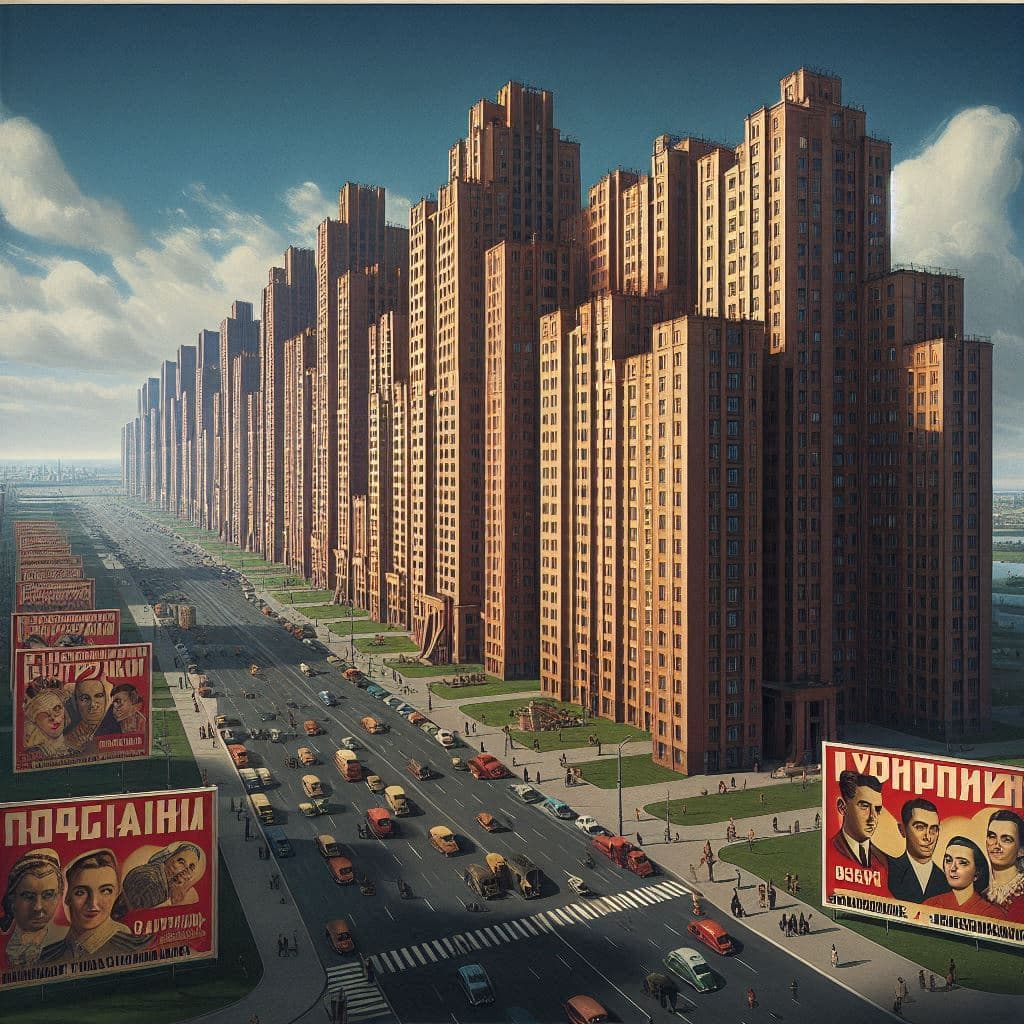The government needs to do less – the right kind of “less” – to solve the cost-of-living crisis
SUGGESTED


‘It is the cheap cloth, the cheap cotton and rayon fabric, boots, motorcars and so on that are the typical achievements of capitalist production, and not as a rule improvements that would mean much to the rich man. Queen Elizabeth owned silk stockings. The capitalist achievement does not typically consist in providing more silk stockings for queens but in bringing them within the reach of factory girls’.
The examples may sound a bit dated, but the basic economic logic still stands: capitalism has an impressive track record of turning luxury goods into widely available and easily affordable mass-market products. Most of the consumer goods that we take for granted today were once luxury goods, before profit-seeking entrepreneurs came up with cost-slashing innovations that brought them within everyone’s reach.
This raises as important question: if capitalism is so great at reducing costs and improving affordability how can there be a cost-of-living crisis today? How is it possible that so many people are struggling to make ends meet?
The short answer is that capitalism’s ‘Schumpeterian’ tendencies can be overridden by other factors. In particular, government policy frequently gets in the way.
To be fair, the current surge in inflation is, to a large extent, due to factors over which the Government has little control. It is also by no means unique to the UK: many other economies are experiencing similar problems.
But what makes the British situation different is that we were already starting from a bad place. In terms of the basic necessities of life, the UK was already an unusually expensive place to live long before the current cost-of-living crisis hit us. There is nothing inevitable about this. It is the result of bad policy choices, which could be reversed.
In our new report Cutting Through: How to address the cost of living crisis, five of my colleagues at the Institute of Economic Affairs and I describe the extent of the problem, explore its causes, and come up with solutions. We look at six different policy areas: childcare, housing, the nanny state, labour markets, trade, and energy.
Childcare costs in the UK have roughly doubled in real terms over the past two decades, rising to one of the highest levels in the world. This is a result of the over-formalisation and over-regulation of the sector. Bringing regulatory constraints into line with those of some of our European neighbours could quite realistically reduce costs by around 40%.
Housing is the mother of the cost-of-living crisis, with house prices and rents in the UK among the highest in the world. This is the result of a persistent shortfall in supply. If we wanted to match the housing stock of an average European country (in population-adjusted terms), we would have to build another 3.4 million homes. We need to take on the NIMBY obstructionists to start a 1930s-style construction boom. Housing costs could quite easily drop by more than a third.
The UK also pursues a punitive ‘nanny state’ agenda, which unduly penalises even moderate consumption of alcohol, tobacco, and other products the state disapproves of. Reducing the burden of these sin taxes and allowing people to make their own lifestyle choices would improve the finances of millions of households.
We have seen a steady growth in the number of professions subject to occupational licensing requirements, which benefits industry insiders at the expense of consumers. This is another area that is ripe for some tidying up.
Meanwhile, Brexit has introduced frictions into our trading relationship with the EU, which has increased some consumer prices. But by the same token, Brexit has also given us the means to reduce prices, by eliminating tariffs and reducing regulatory trade barriers. What we need to do is make use of those new freedoms.
Finally, the Government’s Net Zero agenda, combined with its hostility to fracking and investment in North Sea energy, is unnecessarily driving up energy bills. We should stop letting Extinction Rebellion and Greta Thunberg dictate our energy and climate policies. Instead, we should set the right incentives for gentle decarbonisation, with moderate, but consistent carbon pricing.
This is by no means an exhaustive list, nor is it intended to be a fully worked-out policy programme. The point is to change the terms of the debate by showing that the cost-of-living crisis is, to a large extent, homemade and self-inflicted.
This article was first published on CapX.




